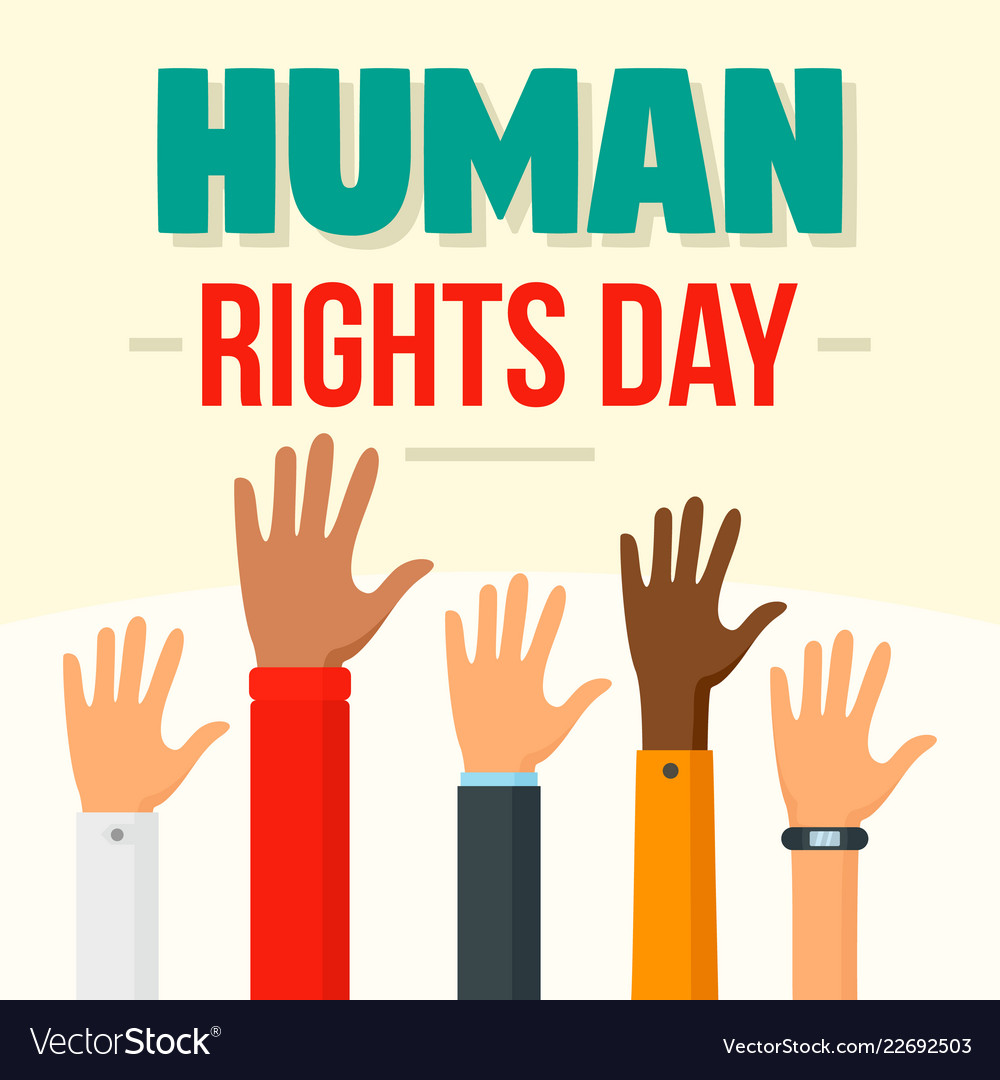By Kudakwashe Vhenge
Zimbabwe Republic Police, Municipal Police and the National army’s heavy-handedness in enforcing the national lockdown regulations have become the major perpetrators of human rights abuses in the country.
This was revealed by the human rights watch group, Zimbabwe Peace Project (ZPP) in it’s April monthly monitoring report.
On the 30th of March, the government declared a countrywide lockdown in an attempt to contain the spread of the Corona Virus pending review of extension.
All businesses, except essential service providers, were to cease operations and that people were to stay at home.
The uniformed forces were called in to ensure citizens follows the national lockdown guidelines.
“Despite being deployed without proper protective clothing, the Zimbabwe Republic Police, the Municipal Police, and the army, unfortunately, proved once again, the need for security sector reforms, as they contributed to a combined 96,64 percent of all perpetrators during the month of April. Of the total number of violations recorded, harassment and intimidation topped the list with 130 incidents while 86 cases of assault were recorded,” read the report.
Harare recorded the highest number of violations at 104, followed by Midlands, which had 52 cases.
One incident of human rights violations recorded by ZPP saw a Karoi lady Lucia Masvondo who was assaulted by security forces and bitten by dogs whilst cooking on an open fire outside her home in the evening.
She was represented by Zimbabwe Lawyers for Human Rights (ZLHR) to file a chamber application to the High Court which saw the court ruling in her favour as it ordered a reminder to the security forces that their mandate was not to assault people.
In a separate incident that was reported in Marondera, residents who were caught at shopping centres were ordered to slap each other. ZPP warned that subjecting citizens to such degrading treatment is not consistent with state security agents’ mandate to conduct themselves in a professional manner in accordance with the Constitution.
